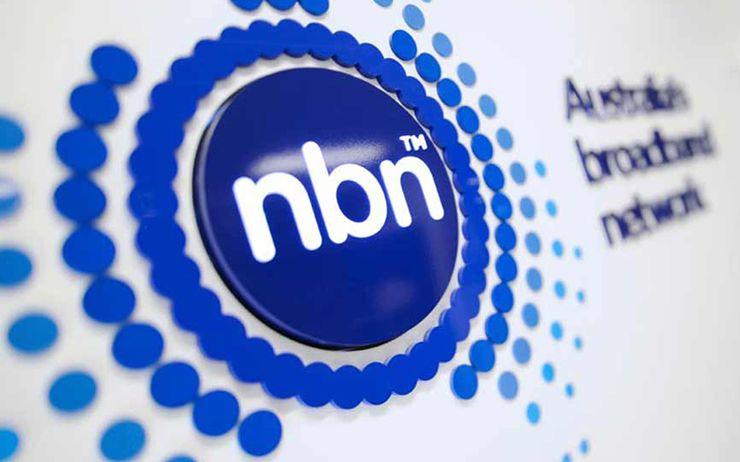
Australia’s competition watchdog has raised concerns over NBN Co’s ability to meet its long-term financial targets, citing uncertainty over consumers’ willingness to pay more for higher speeds.
The concerns were flagged by the Australian Competition and Consumer Commission (ACCC) in its Communications Sector Market Study Final Report, released on 5 April.
While the report highlights a number of positive developments in terms of industry competition and service delivery as the country’s national broadband network (NBN) rolls out, it also notes some areas that need further work to overcome potential issues.
Among the areas of focus by the ACCC is wholesale pricing. While the ACCC lauded the move by NBN Co, the company behind the NBN rollout, to temporarily reduce the wholesale pricing of its top-tier products last year in a bid to encourage network resellers to buy up more capacity, it put a question mark over what might happen once the temporary price-drop expires.
“Recent pricing and product development initiatives by NBN Co are encouraging the uptake and promotion of higher speed services by service providers,” the ACCC said in its report. “We expect this to result in higher service quality and improved consumer experience.
“These pricing initiatives implemented in December 2017 are temporary measures and we also note that NBN Co is to introduce longer-term pricing changes.
“However, notwithstanding these developments, the willingness to pay additional charges for increased throughput remains uncertain, and we are concerned that NBN Co may continue to have difficulty meeting its financial targets,” it said.
According to the ACCC, if demand for NBN services does not increase at the rate currently expected by NBN Co, it may continue to create uncertainty for telcos tapping into the network, and has the potential to constrain the delivery of efficient pricing of the NBN infrastructure.
“The multiple and complex objectives that NBN Co has been tasked with achieving make full cost recovery a potentially difficult proposition,” the ACCC said.
“While recognising that NBN Co does have a degree of flexibility to lower its prices, there may ultimately be a need for pricing relief measures to be taken by the Government, such as debt payment concessions or direct budget funding of non-commercial services, to better promote the efficient use of the network and the long-term interests of end users (LTIE),” it said.
Another area of concern noted by the ACCC was that of continued competition once NBN Co becomes privatised, which has long been part of the Government’s plan for the network builder. The ACCC suggested that the company may need to be ultimately broken up to foster competition in the market.
“Over the medium to long-term, we recognise the Government’s intention for the privatisation of NBN Co” the ACCC said. “This will provide a unique opportunity to put in place a market structure to facilitate greater infrastructure-based competition through the disaggregation of the NBN.
“We also consider that it is imperative that measures are taken at an early stage to help enable this future disaggregation.
“We strongly support that the form of any disaggregation of the NBN should be part of the terms of reference for the Productivity Commission’s future inquiry into regulatory, budgetary consumer and competition matters relating to the NBN in the lead up to privatisation,” it said.
As noted by sister publication, Computerworld, this is not the first time the ACCC has endorsed the potential break-up of NBN Co into separate entities.
Meanwhile, the ACCC flagged further concerns over how the introduction of higher speed wireless telecommunications technology, such as 5G, will have on NBN Co's existing business.
"For NBN Co there will be the threat from increasing substitution to wireless technologies but also the opportunity to use the new technology in its service provision," the ACCC said.
Meanwhile, the ACCC outlined a number of measures that appear to have been effective in delivering positive outcomes regarding the NBN market. Among them, the move to obtain court-enforceable undertakings and consumer compensation by no fewer than eight telcos over potentially misleading NBN product speed claims.
Altogether, the number of Australian telco customers that could be refunded by their internet service providers has come to over 75,000 since the ACCC started investigating providers that had advertised certain speeds for NBN services that they were not delivering.
Join the CIO Australia group on LinkedIn. The group is open to CIOs, IT Directors, COOs, CTOs and senior IT managers.
